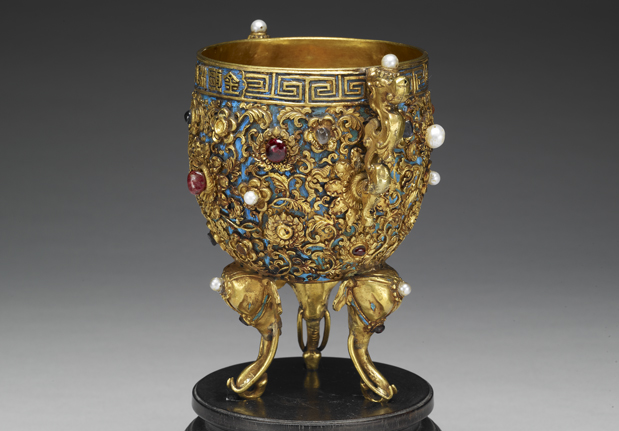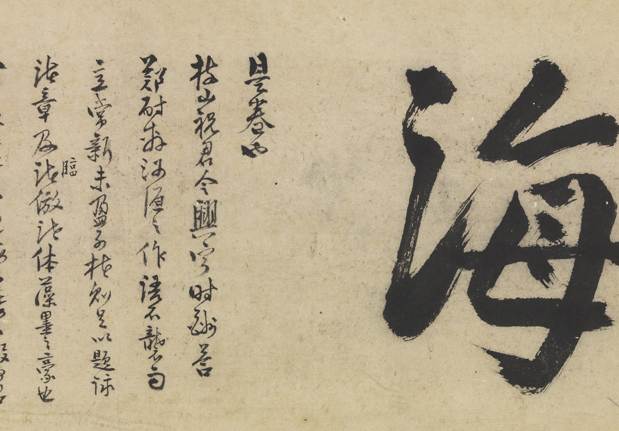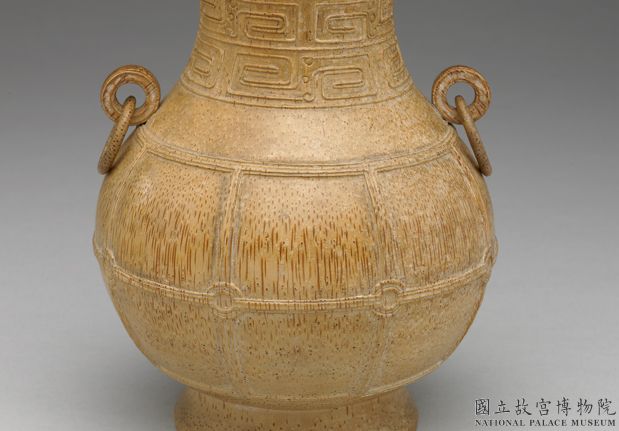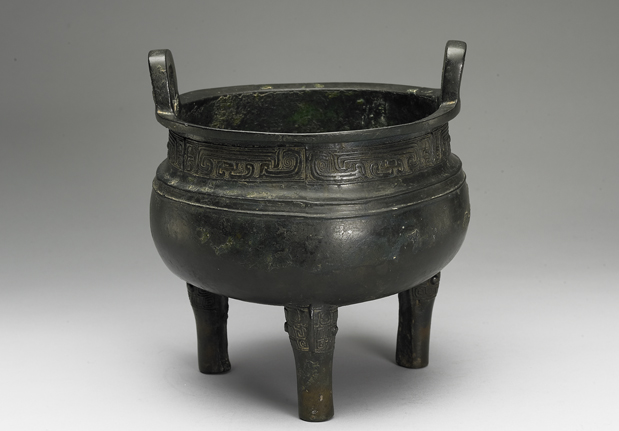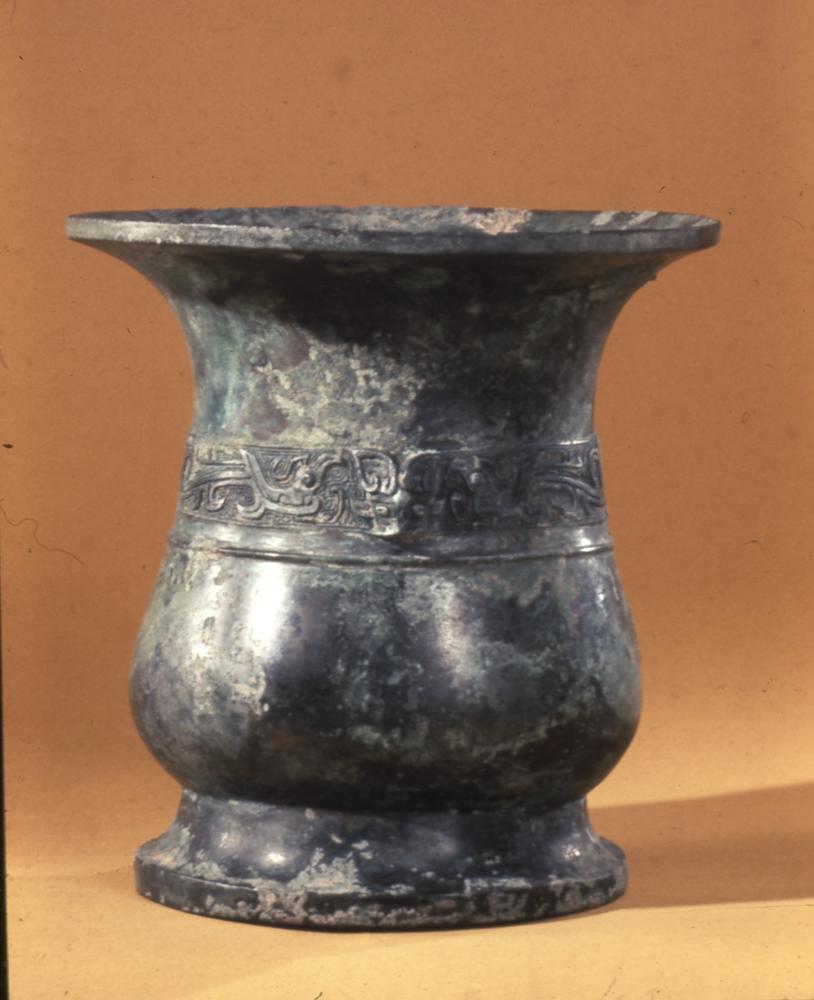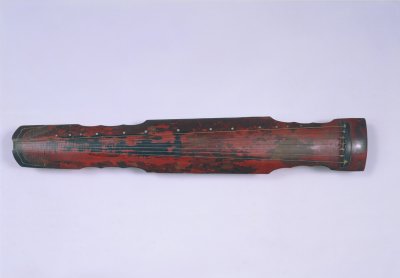Period:Ming dynasty Production date:1643
Materials:porcelain
Technique:glazed, underglazed,
Subjects:insect
Dimensions:Diameter: 8.20 centimetres Height: 4.30 centimetres
Description:
Porcelain cup with underglaze blue decoration. Plain inside, it is painted with flowers, rocks and insects outside and the base carries an apocryphal six-character Chenghua reign mark.
IMG
![图片[1]-cup BM-1985-1119.13-China Archive](https://chinaarchive.net/Ming dynasty/Ceramics/mid_00262389_001.jpg)
![图片[2]-cup BM-1985-1119.13-China Archive](https://chinaarchive.net/Ming dynasty/Ceramics/mid_01006772_001.jpg)
![图片[3]-cup BM-1985-1119.13-China Archive](https://chinaarchive.net/Ming dynasty/Ceramics/mid_01006773_001.jpg)
![图片[4]-cup BM-1985-1119.13-China Archive](https://chinaarchive.net/Ming dynasty/Ceramics/mid_01006774_001.jpg)
![图片[5]-cup BM-1985-1119.13-China Archive](https://chinaarchive.net/Ming dynasty/Ceramics/mid_01006775_001.jpg)
Comments:Harrison-Hall 2001:This provincial blue-and-white bowl was recovered from the Hatcher wreck. The glaze has lost its glossy appearance as a result of abrasive sand in the sea water during a three hundread year sojourn at the bottom of the South China Sea, yet the cobalt decoration beneath the glaze survives.Although we know that these bowls were part of a consignment for export, similar bowls excavated in a domestic context testify to the fact that porcelains of this quality were not sold exclusively to unsuspecting foreigners but were also sold and used within China. When the tomb of Hua Shiyi (1566-1629) and his wife was excavated in Wuxi county, Jiangsu province, in 1984, similar bowls were discovered associated with tea paraphernalia. The earlier date of thisfind suggests that similar bowls were produced over a long period with only minor variations in the design, making the dating of provincial wares extremely difficult.See BM 1984.0303.11a-b and BM 1985.1119.30,31 and 14. Please note that this cup is made of higher-quality porcelain than other pieces recovered from the same shipwreck.
Materials:porcelain
Technique:glazed, underglazed,
Subjects:insect
Dimensions:Diameter: 8.20 centimetres Height: 4.30 centimetres
Description:
Porcelain cup with underglaze blue decoration. Plain inside, it is painted with flowers, rocks and insects outside and the base carries an apocryphal six-character Chenghua reign mark.
IMG
![图片[1]-cup BM-1985-1119.13-China Archive](https://chinaarchive.net/Ming dynasty/Ceramics/mid_00262389_001.jpg)
![图片[2]-cup BM-1985-1119.13-China Archive](https://chinaarchive.net/Ming dynasty/Ceramics/mid_01006772_001.jpg)
![图片[3]-cup BM-1985-1119.13-China Archive](https://chinaarchive.net/Ming dynasty/Ceramics/mid_01006773_001.jpg)
![图片[4]-cup BM-1985-1119.13-China Archive](https://chinaarchive.net/Ming dynasty/Ceramics/mid_01006774_001.jpg)
![图片[5]-cup BM-1985-1119.13-China Archive](https://chinaarchive.net/Ming dynasty/Ceramics/mid_01006775_001.jpg)
Comments:Harrison-Hall 2001:This provincial blue-and-white bowl was recovered from the Hatcher wreck. The glaze has lost its glossy appearance as a result of abrasive sand in the sea water during a three hundread year sojourn at the bottom of the South China Sea, yet the cobalt decoration beneath the glaze survives.Although we know that these bowls were part of a consignment for export, similar bowls excavated in a domestic context testify to the fact that porcelains of this quality were not sold exclusively to unsuspecting foreigners but were also sold and used within China. When the tomb of Hua Shiyi (1566-1629) and his wife was excavated in Wuxi county, Jiangsu province, in 1984, similar bowls were discovered associated with tea paraphernalia. The earlier date of thisfind suggests that similar bowls were produced over a long period with only minor variations in the design, making the dating of provincial wares extremely difficult.See BM 1984.0303.11a-b and BM 1985.1119.30,31 and 14. Please note that this cup is made of higher-quality porcelain than other pieces recovered from the same shipwreck.
© Copyright
The copyright of the article belongs to the author, please keep the original link for reprinting.
THE END
